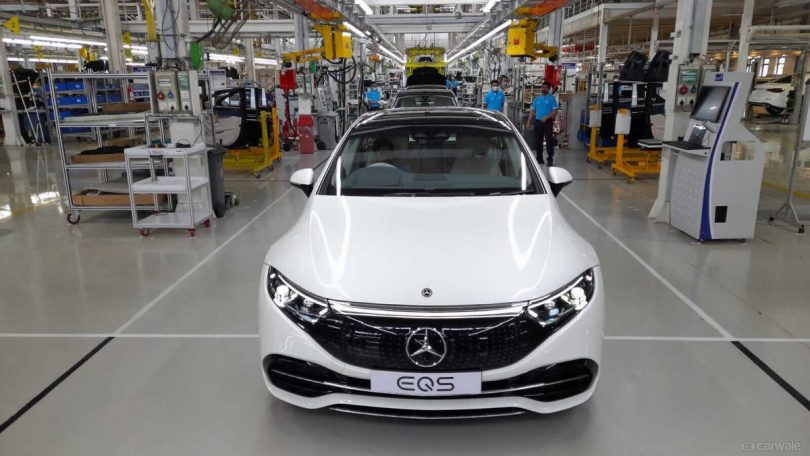Mercedes-Benz has announced a significant shift in its electric vehicle (EV) strategy. The company has decided to scale back its ambitious plans for an all-electric future, citing lack of profits and growing pessimism in the EV market.
A Change in Course
Mercedes-Benz had previously announced in 2021 that it aimed to sell only battery EVs from 2030, at least in countries with the infrastructure to support such a transition. However, the company’s annual results for 2023 indicate a lack of confidence in any region being ready for EV-only sales by that date.
“The transformation might take longer than expected,” Chief Executive Officer Ola Kallenius told shareholders at the company’s annual general meeting.
The company now expects electrified vehicles, which include hybrid EVs as well as BEVs, to account for only half of its overall sales in the second half of this decade. While Mercedes-Benz is still taking steps towards an all-electric future, it also plans to cater to different customer needs, including those who prefer an electrified combustion engine, until well into the 2030s.
The Reasons Behind the Shift
The global growth rate of EV sales is slowing, with sales rising by only 31 percent in 2023, half the rate of growth during 2022. Established automakers like Ford and General Motors have already informed investors that their EV plans were overambitious or focused on the wrong market segments.
The profit margins for Mercedes dropped to 9% in the first quarter of this fiscal. This is the lowest in more than the last couple of years. Moreover, many governments including India have stopped subsidies for EVs this year. This has increased acquisition costs for consumers resulting in lower demand.
The Future of Mercedes-Benz
Despite the shift in strategy, Mercedes-Benz is not giving up on EVs. The company is working on updates for its vehicles and plans to have a new lineup by 2027 that will take them well into the 2030s.
Mercedes-Benz’s change of course, however major or minor it ends up being, is a clear sign of the challenges facing the EV industry. As the demand for EVs cools in major markets, other automakers may also need to revise their electrification plans.


